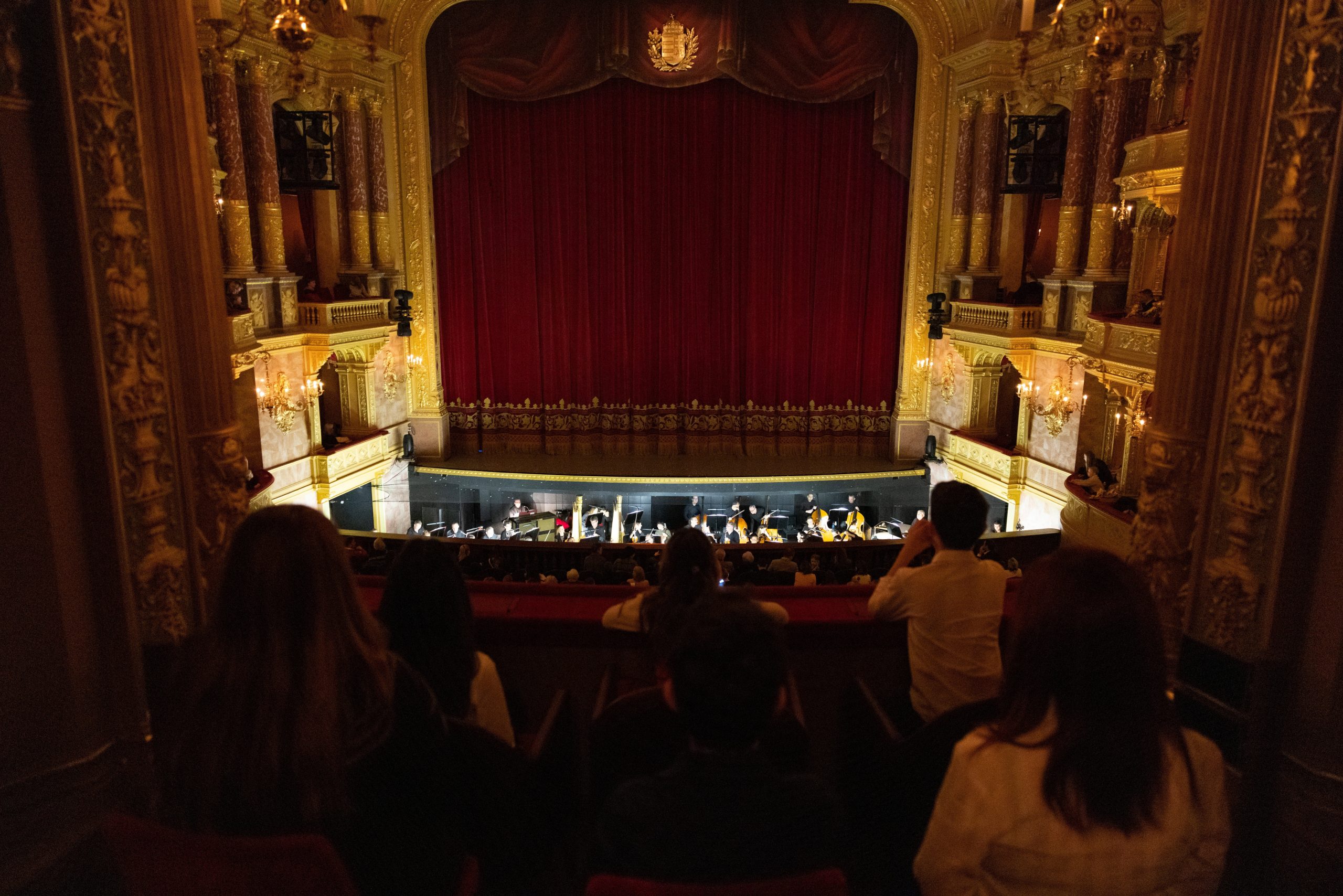
Sándor Fegyir asked for the cancellation of Russian opera singer Anna Netrebko's orchestra gala evening at the Hungarian State Opera House.Continue reading

Controversy has erupted following an interview with Fedir Shandor, Ukraine’s ambassador to Hungary, who claimed that five “Ukrainian princesses” became Hungarian queens and that “Ukrainian blood flows in the veins of Hungarian kings,” writes Mandiner.
The diplomat suggested a shared genetic heritage between the two nations, a statement that has sparked sharp criticism from Hungarian historians.
Dr. Attila Bárány, professor of history at the University of Debrecen, challenged the ambassador’s claims in an interview with Magyar Nemzet.
He argued that the term “Ukrainian” is anachronistic in a medieval context, as the concept of Ukraine as a nation-state—and even the word itself—did not exist during the time of the Árpád dynasty.
Bárány clarified that the princesses in question were daughters of rulers from the Kyivan Rus, a medieval East Slavic state often referred to as “Old Rus.”
He pointed out that while marriages between the Hungarian royal family and Kyivan Ru nobles did occur, it is historically inaccurate to label the women as Ukrainian.
The most prominent example is Queen Anastasia, wife of King Andrew I of Hungary and daughter of Yaroslav the Wise, Grand Prince of Kyiv. While she did become queen and gave birth to King Solomon, she was not Ukrainian, but from the Kyivan Rus, which included areas of modern-day Ukraine, Belarus, and Russia.
Bárány further noted that several Hungarian rulers had wives from the Kyivan Rus—such as Eufrozina, wife of King Géza II and mother of King Béla III—but none were Ukrainian by modern definitions.
He emphasized that using contemporary national labels to describe medieval figures is misleading and historically inaccurate.
The historian also contested the ambassador’s claim that Hungary and the Kyivan Rus never had conflicts. On the contrary, Hungarian rulers such as Géza II waged repeated wars against the Rus in the 12th century. Hungarian kings occasionally allied with rival Rus princes or sought to conquer regions like Halich (modern-day Lviv), further complicating any narrative of historical harmony.
Bárány concluded that while dynastic marriages did link Hungary and Kievan Rus, modern national identities cannot be retroactively applied to medieval figures. The Ukrainian ambassador’s claims, he said, oversimplify and distort the complex historical reality.

Sándor Fegyir asked for the cancellation of Russian opera singer Anna Netrebko's orchestra gala evening at the Hungarian State Opera House.Continue reading
Via Mandiner; Featured image: Ukrajna Magyarországi Nagykövetsége / Embassy of Ukraine in Hungary Facebook
Array
(
[1536x1536] => Array
(
[width] => 1536
[height] => 1536
[crop] =>
)
[2048x2048] => Array
(
[width] => 2048
[height] => 2048
[crop] =>
)
)